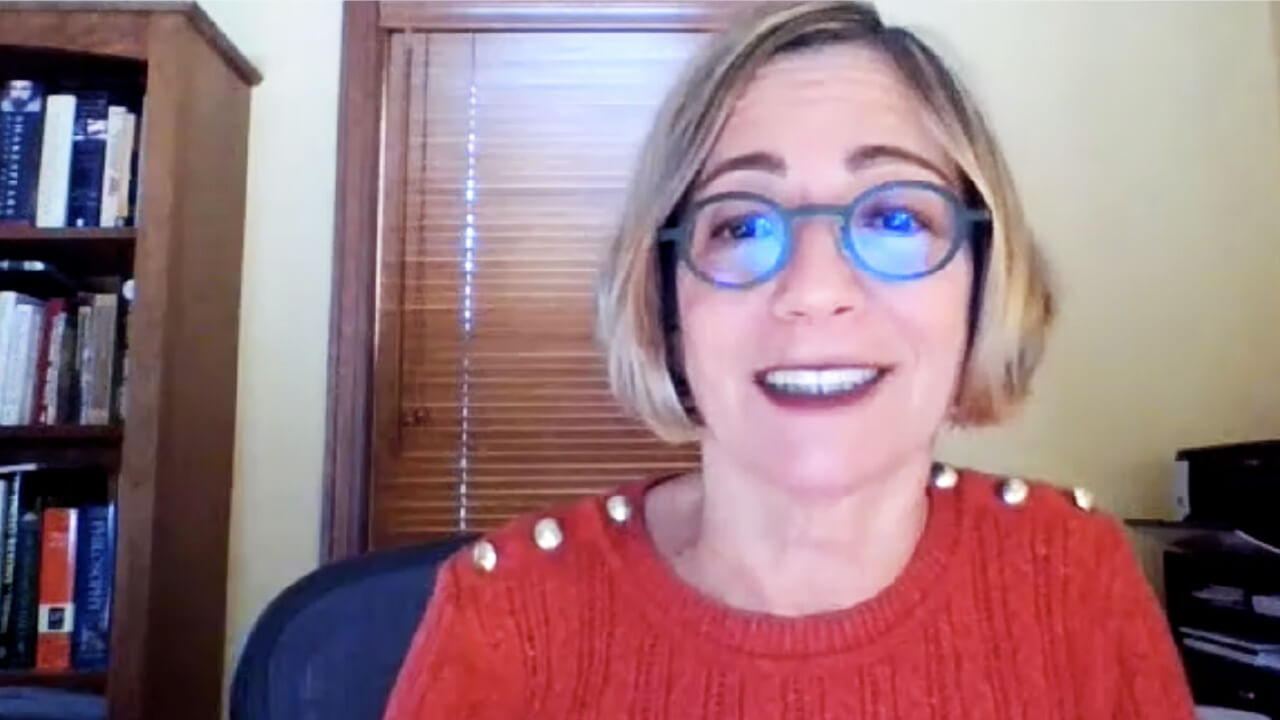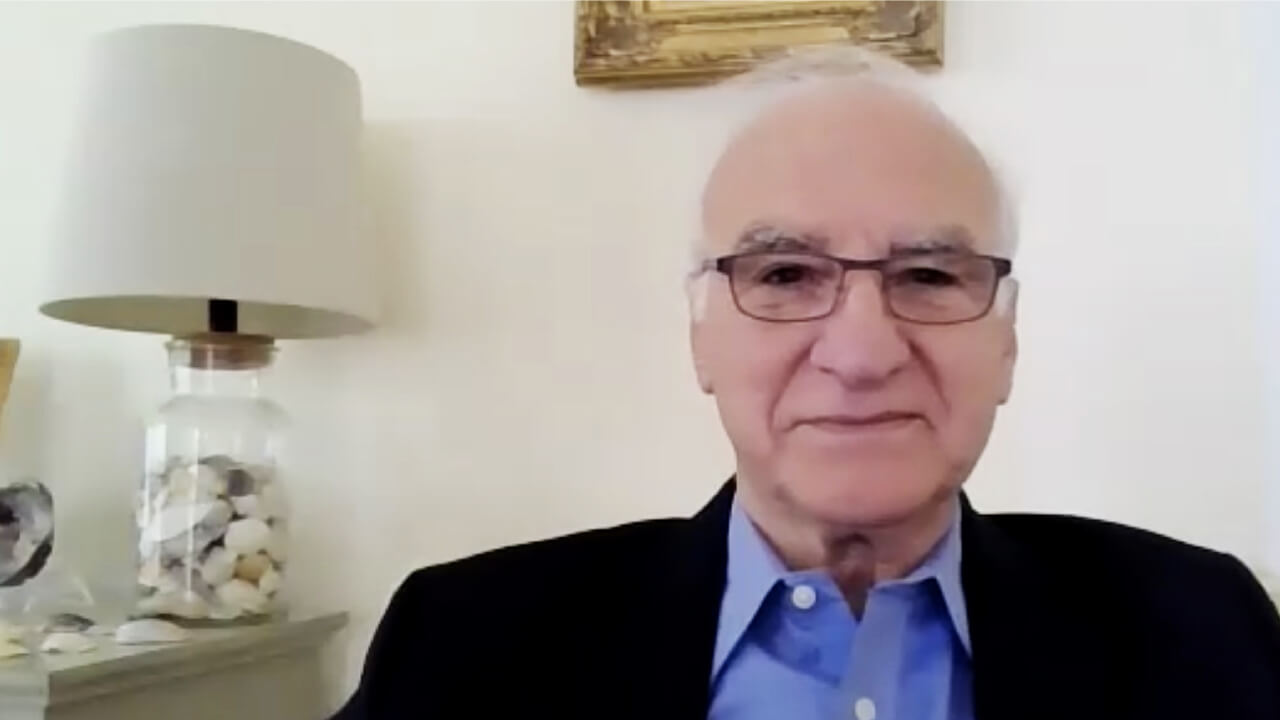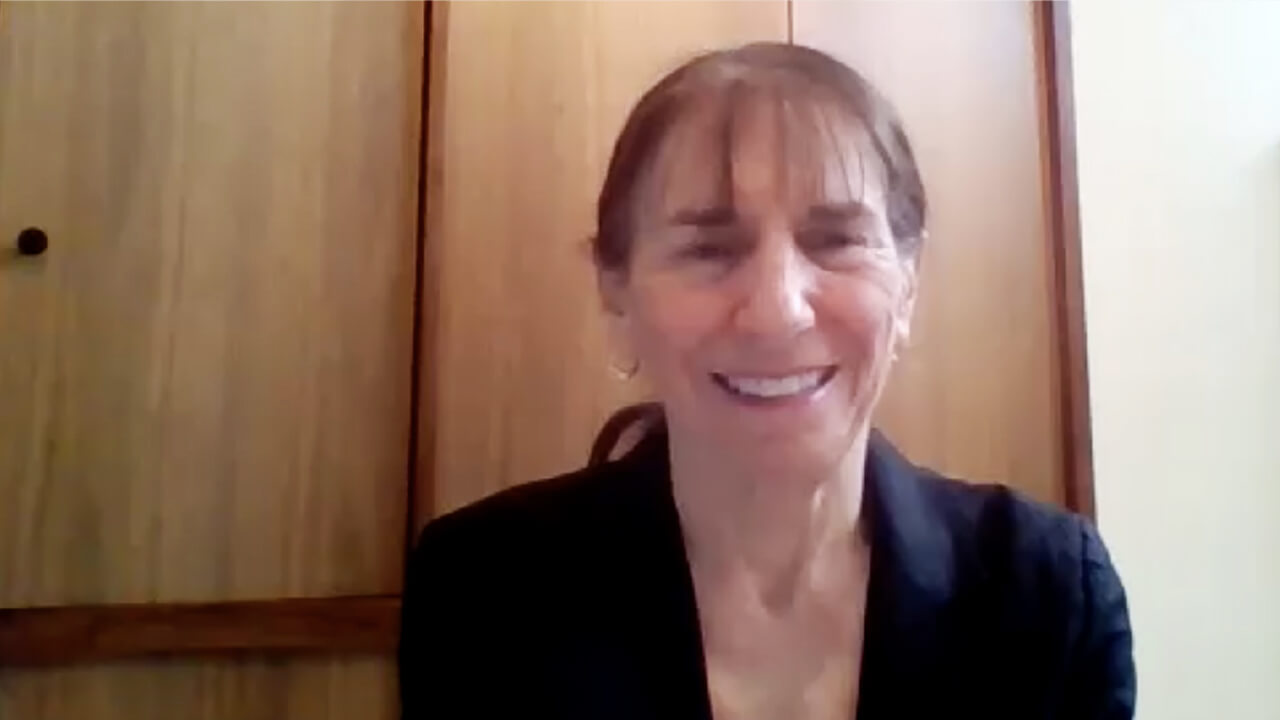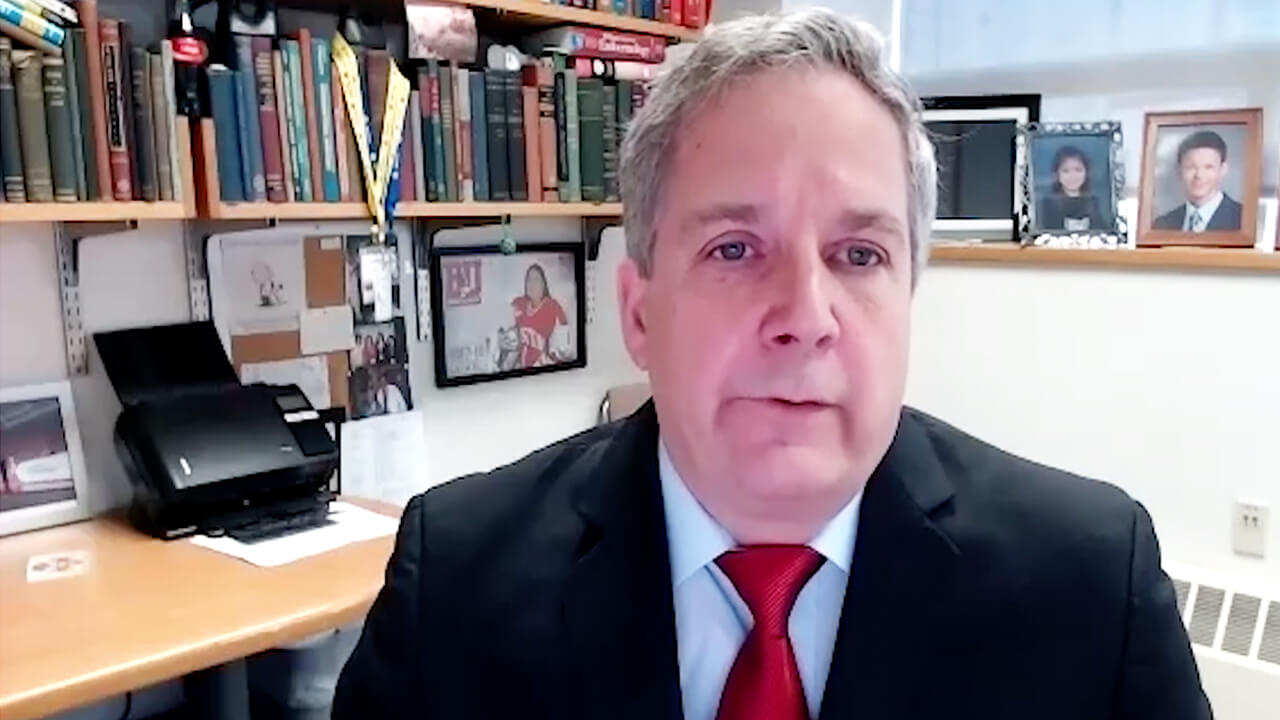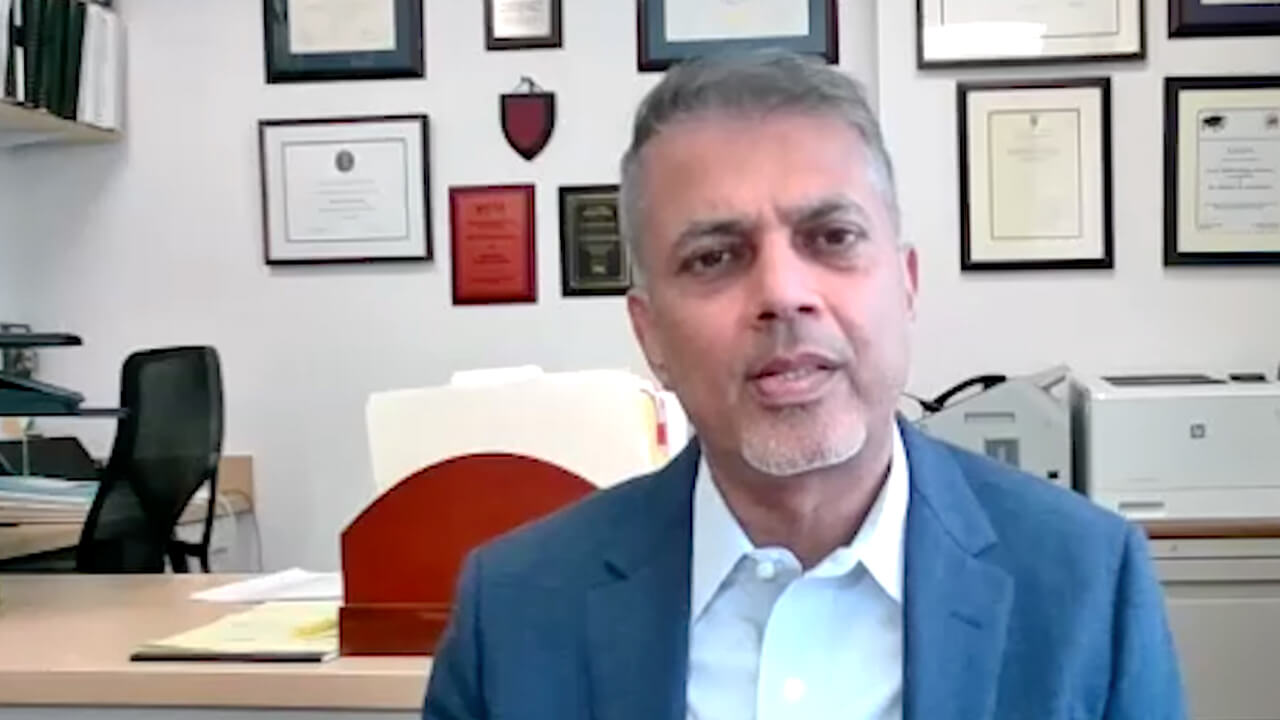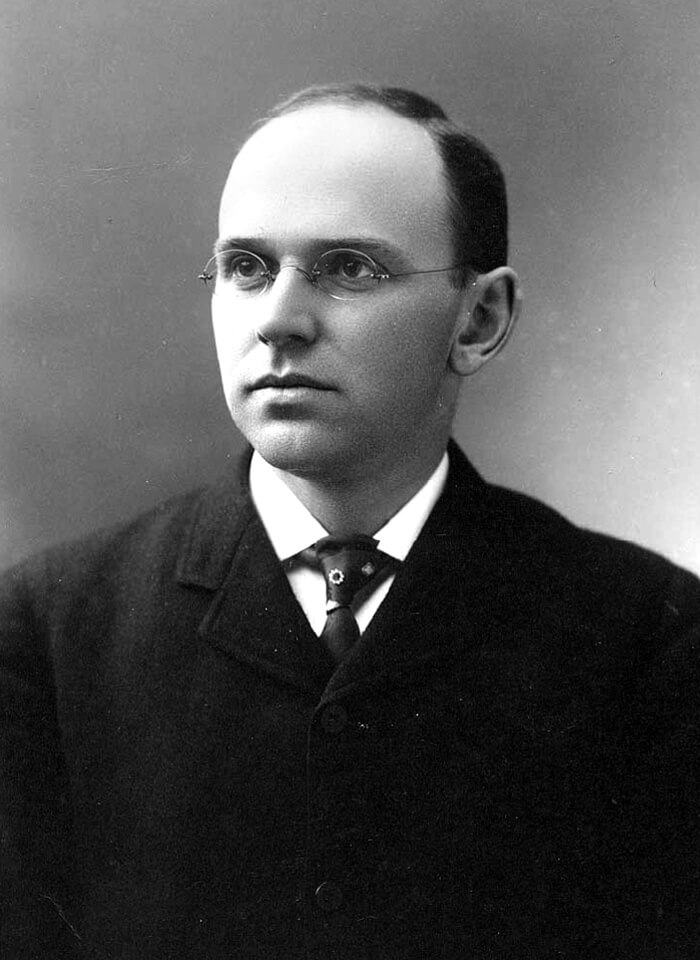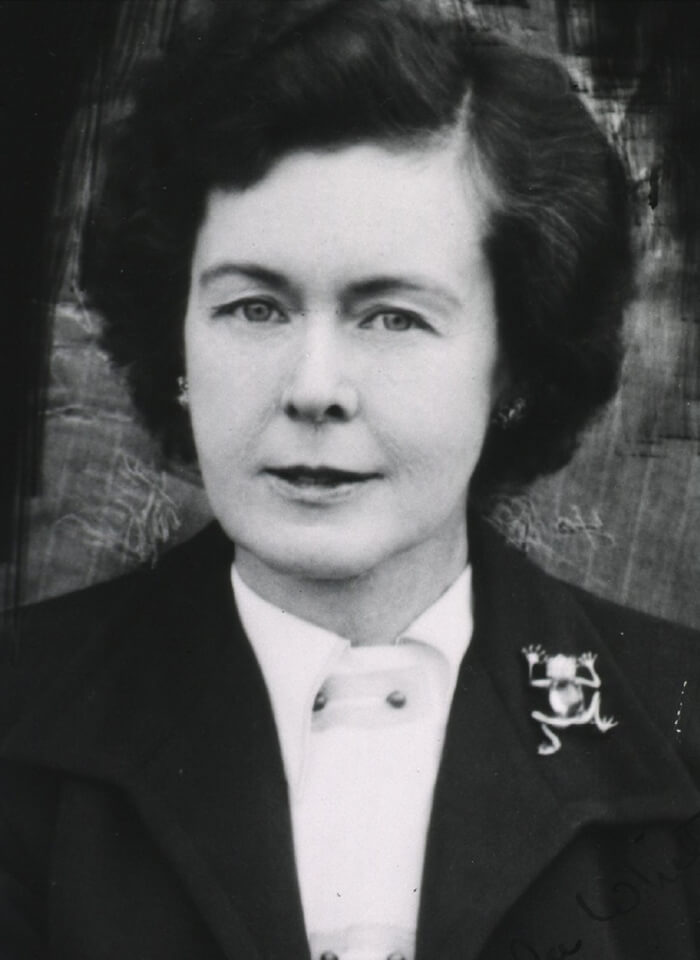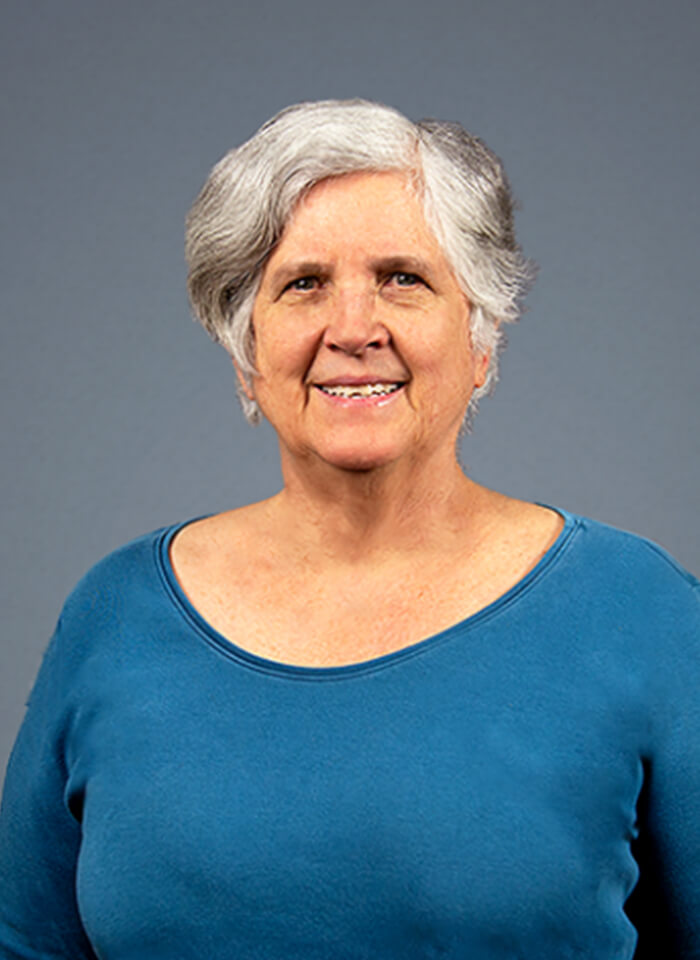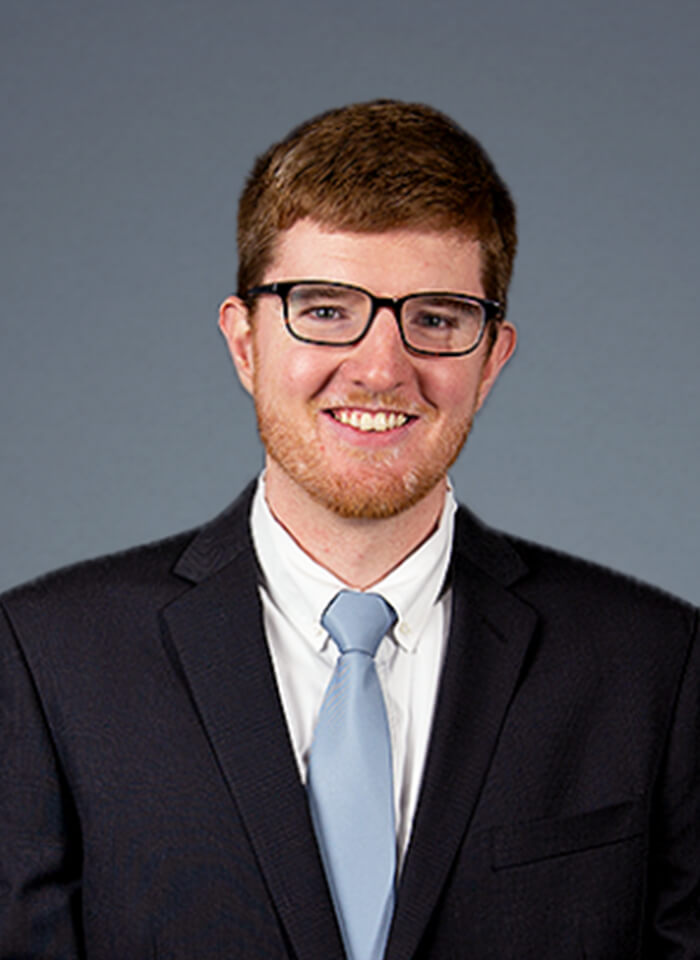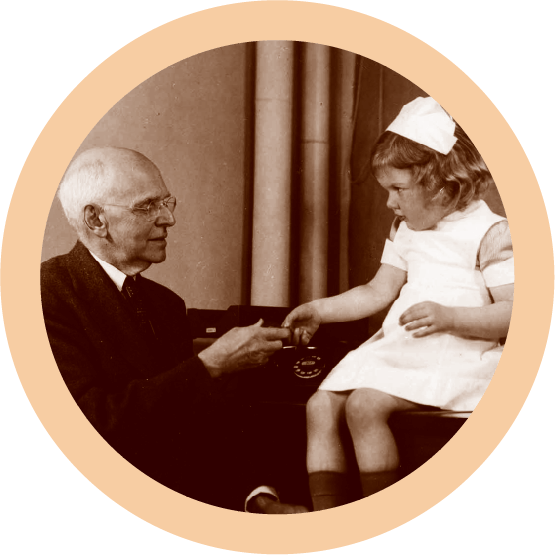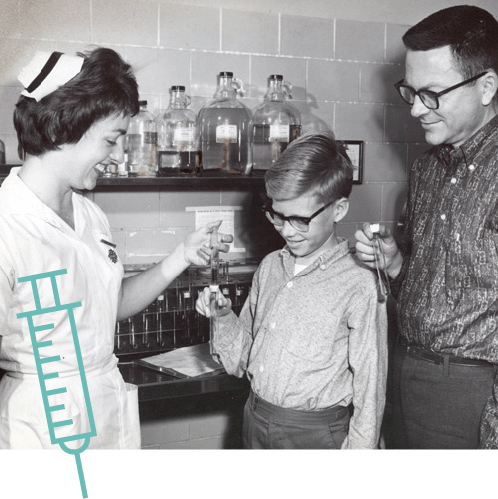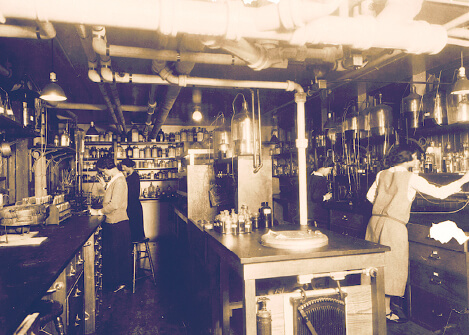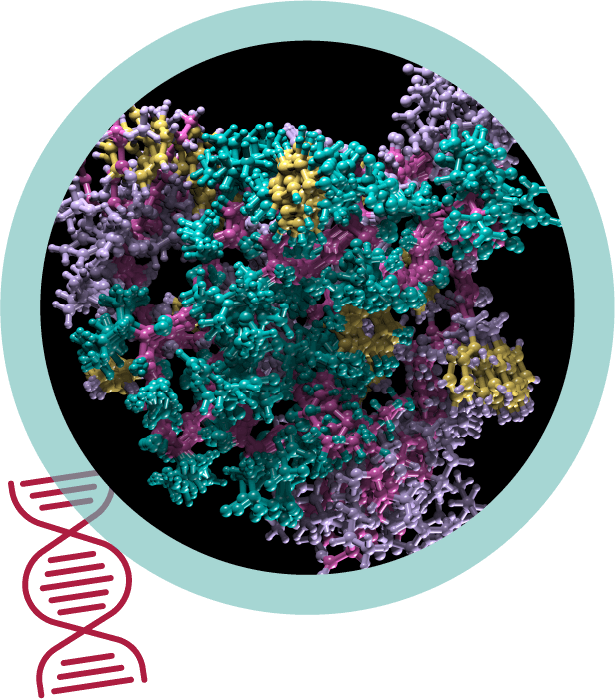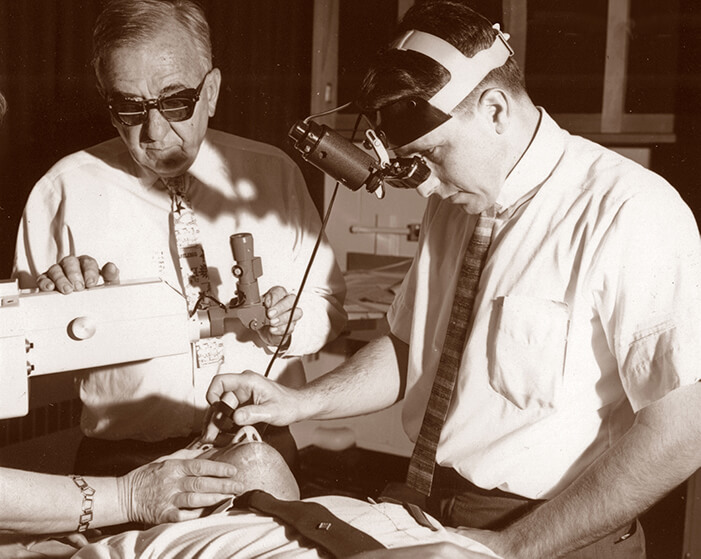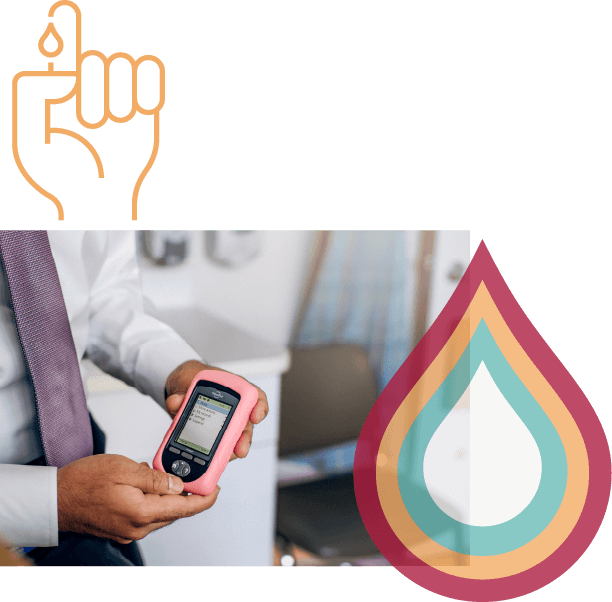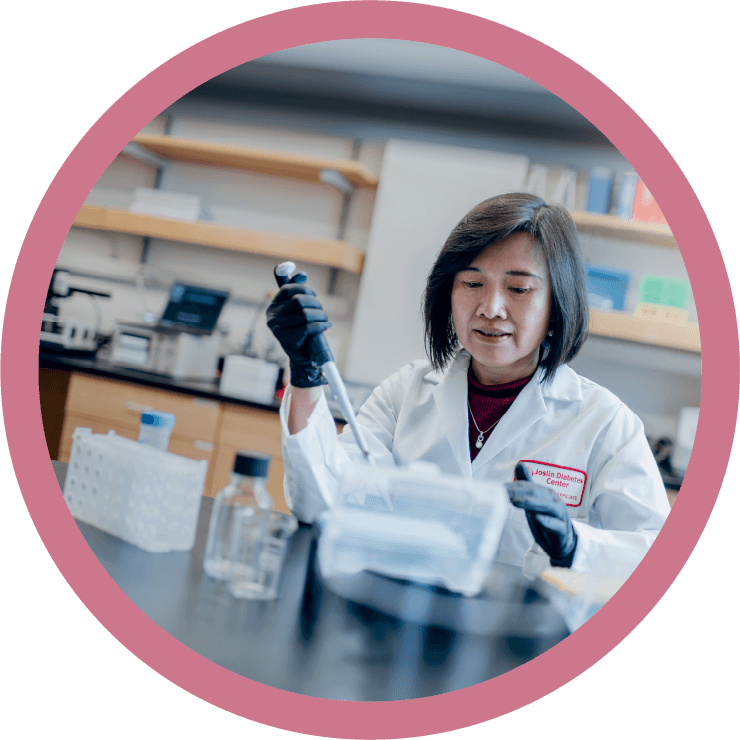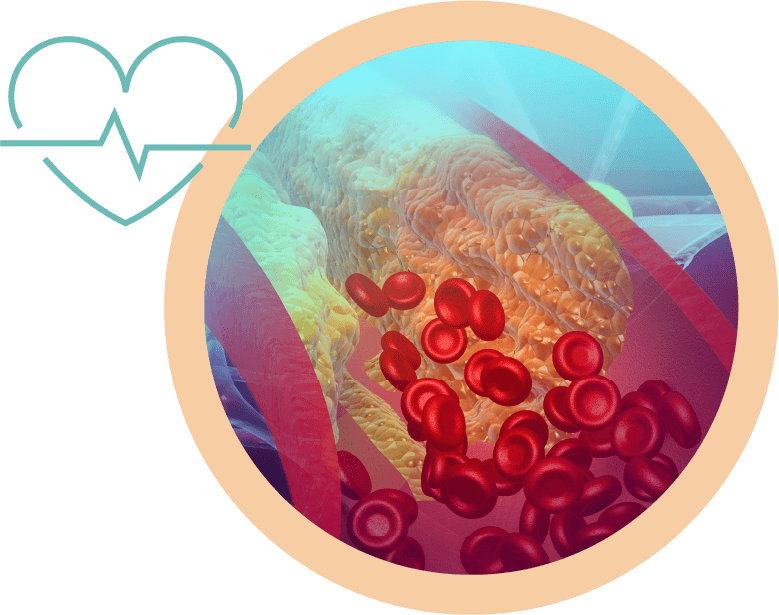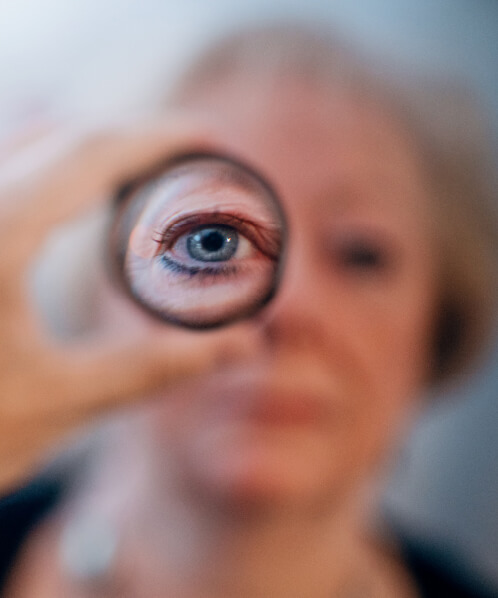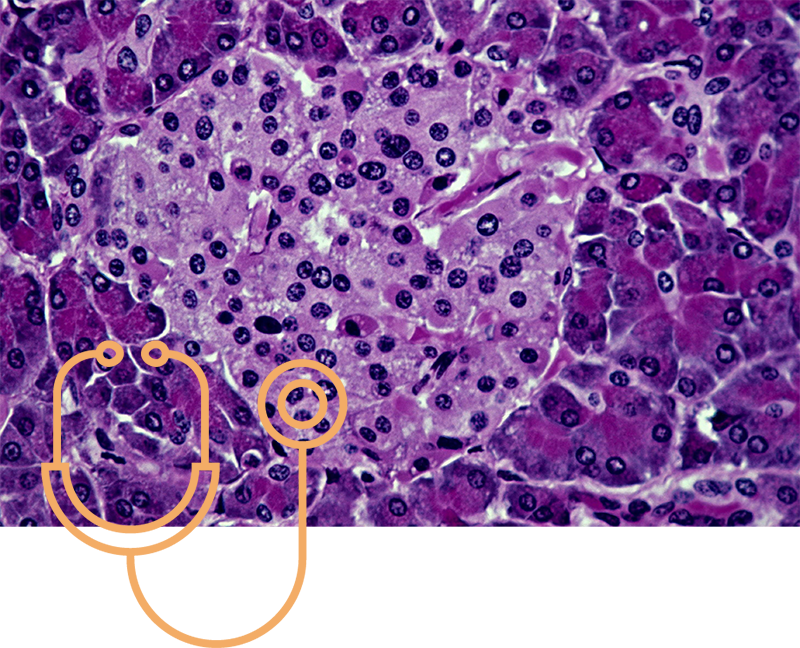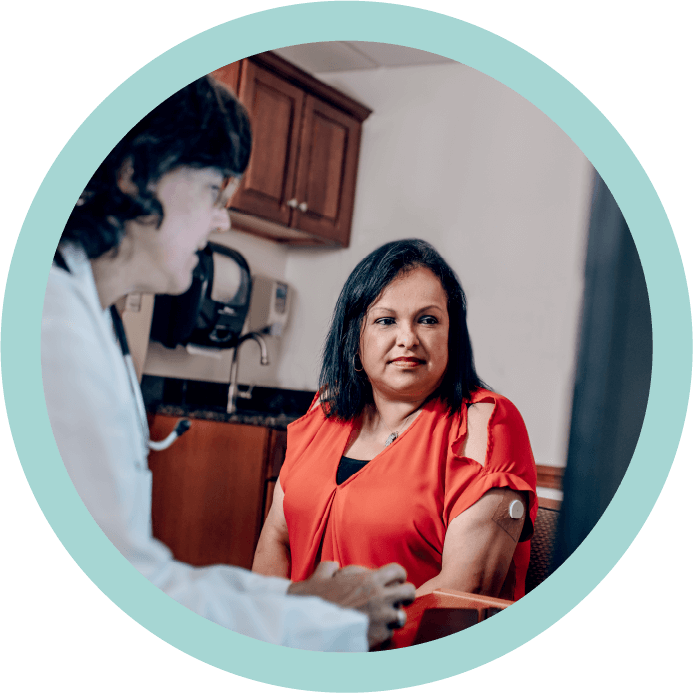Joslin Diabetes Center is celebrating the 100th anniversary of the discovery of insulin and the relentless dedication and selfless collaboration of scientists, caregivers, patients and donors. As we reflect on 100 years of advancements in the field of diabetes at Joslin, we look forward to what’s to come.
100 YEARS OF stories
Hear from Joslin leaders and supporters about the last 100 years of accomplishments at Joslin and learn more about our research that’s fueling the future of diabetes care.
100 YEARS OF people
Advances in insulin’s 100-year story wouldn’t have been possible without the relentless dedication of scientists, doctors, caregivers, patients, educators and supporters. We’re honored to recognize them today and every day.
100 YEARS OF milestones
Discover the major insulin-related milestones that have shaped Joslin’s past, present and future.
100 YEARS OF research
Joslin is one of the few organizations in the world that is entirely devoted to diabetes research, education and care. Every day our researchers are bringing us closer to a cure we’ve all been striving toward.
120+
research papers generated per year
250
researchers in 30 different labs
288
IRB-approved studies
Joslin has developed new core facilities for genome editing and CRISPR-based screening to advance diabetes research.
Identifying treatments that can improve exercise response in people living with diabetes is a top research priority for Joslin researchers.
Joslin scientists have discovered that a brown-like fat cell transplant could help treat obesity and diabetes.
Joslin scientists have shown that eye imaging can help identify cognitive disorders in older people with diabetes.
A new artificial pancreas has been shown to better control blood glucose levels than current technology.
Researchers are working to understand the role of the microbiome in the physiology of people with type 2 diabetes.
Join us as we recognize the 100th anniversary of the discovery of insulin and the people who have made Joslin’s ongoing advancements possible. With your support, we can and will create a world without diabetes, and we look forward to seeing what the next 100 years will bring.



